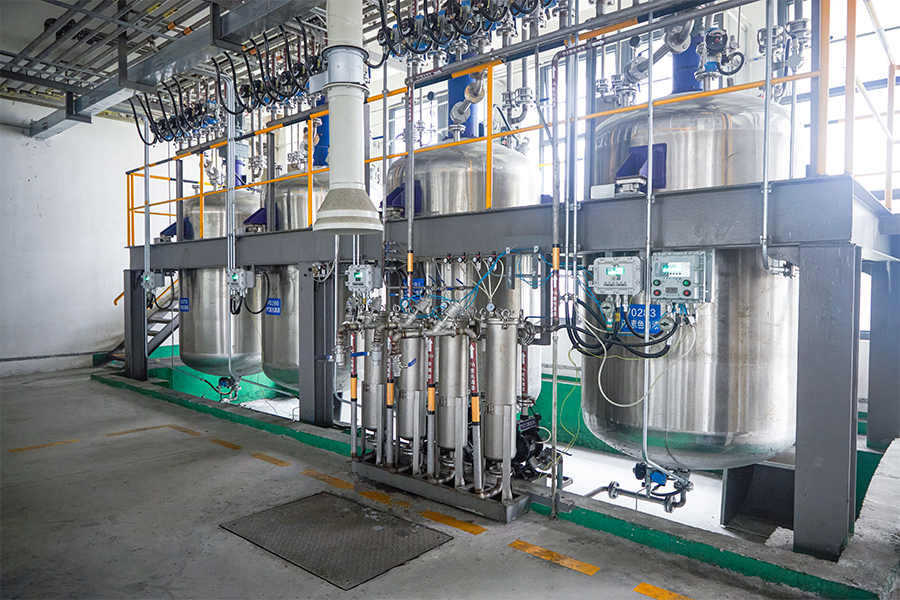In recent years, water based coatings have undergone significant advancements, especially in terms of durability and performance. These innovations are reshaping how industries approach metal surface protection and finishing, providing alternatives that balance environmental considerations with the demands of long-term use. This article explores the new developments in water based coating formulations and their growing role in protecting metal substrates.
Advances in Coating Chemistry
Modern water based coatings benefit from new resin technologies and additives that enhance their adhesion, flexibility, and resistance to weathering. Improvements in acrylic, polyester, and fluoropolymer chemistries allow these coatings to deliver stronger bonds to metal surfaces while maintaining flexibility to resist cracking and peeling.
For example, recent formulations of super weathering polyester coatings (sometimes called SDPE) have demonstrated weather resistance ratings of up to 20 years on 3.0mm aluminum substrates. These coatings are flexible enough to withstand bending at 90 degrees without cracking, a critical feature for metal parts that undergo shaping during manufacturing or installation.

Enhanced Protection Against Environmental Stressors
Water based coatings now provide robust defense against UV radiation, moisture, chemical exposure, and abrasion. This increased durability allows waterborne products to be used in demanding applications such as architectural panels, automotive components, and industrial equipment.
Additives such as UV stabilizers and corrosion inhibitors incorporated into the coatings help extend the lifespan of the finished surface, reducing the need for frequent maintenance or recoating. This not only lowers total lifecycle costs but also supports sustainability by decreasing resource consumption.
Environmental and Safety Benefits Remain Strong
Beyond performance, the environmental advantages of water based coatings continue to be a major draw. By using water as a primary solvent, these coatings significantly reduce volatile organic compound (VOC) emissions compared to traditional oil based coatings. This reduction contributes to better air quality in manufacturing plants and surrounding communities.
Additionally, water based coatings present lower fire hazards during storage and application. Their reduced odor and toxicity also improve working conditions, creating safer environments for operators.
Compatibility with Modern Production Processes
New water based coatings are designed to integrate seamlessly with automated coil coating lines and other high-volume manufacturing processes. Fast drying times and consistent film formation help maintain production efficiency.
Furthermore, these coatings often require less energy for curing due to their lower solvent content, contributing to cost savings and reduced environmental impact.
Practical Applications and Industry Response
Many manufacturers have begun adopting advanced water based coatings for projects where durability and environmental compliance are key concerns. Their use spans sectors including construction, transportation, consumer electronics, and appliances.
Research institutes and coating companies continue to innovate, filing patents and developing specialized formulations such as antibacterial, anti-scratch, and decorative finishes. These functional coatings broaden the application scope and offer tailored solutions to specific industry challenges.
The evolution of water based coating formulations marks a significant step forward for industrial coatings. Enhanced durability, combined with environmental and safety benefits, makes them an increasingly viable choice for metal surface protection.
Procurement teams and plant managers seeking to balance performance with sustainability should consider the new water based technologies as they plan future projects. As innovation progresses, water based coatings are set to play a larger role across diverse industries.


 English
English русский
русский Español
Español Português
Português عربى
عربى
